Related Posts

Today’s release of new 2020 Census data provides population counts of nearly 1,500 race and ethnicity groups and American Indian and Alaska Native (AIAN) tribes and villages.

NOVA ScriptsCentral is excited to collaborate with the American Pharmacist Association to launch the “NOVA ScriptsCentral & American Pharmacist Association Safety-Net Health Equity Fellowship”.

Charitable Pharmacies of America organization member receives Health Equity grant
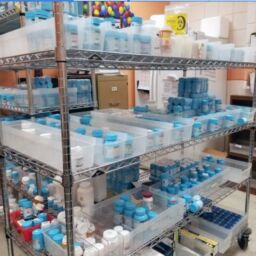
This study represents a rigorous, multi-state evaluation that highlights the impact of a charitable medication access program on hospital utilization for the medically under-served population.
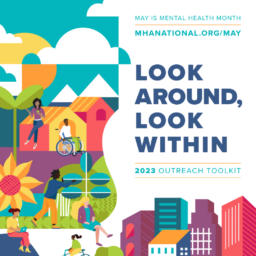
This toolkit, comprised of fact sheets, worksheets, sample communications materials, and sample social media is designed to help aid how you support your own mental health journey, along with your community’s.
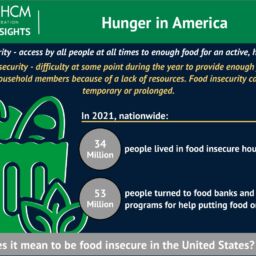
More than 34 million people in the United States were living in food insecure households in 2021, a decline from 38 million in 2020. The combination of the expanded child tax credit, Supplemental Nutrition Assistance Program benefits, and private donations all contributed to reducing food insecurity during the pandemic. Still there is much more work to be done, with food costs spiking 11.4%, the largest annual increase since 1979, inflation factors could easily cause food insecurity to grow.

NABP Associate Executive Director Josh Bolin on DSCSA compliance prior to FDA moving compliance deadline.

APPLICATIONS ARE OPEN! – Letters of Intent due 9/15/23

Implications for Patients
Once the continuous enrollment ends, it is estimated between 5 -14 million individuals will be affected
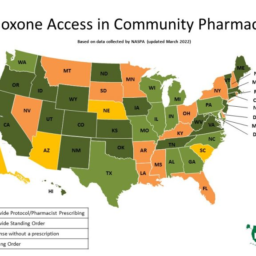
In 2011, the opioid crisis reached astounding levels with over 21,000 deaths adding to the urgency of providing aid to those who most need it

Three Healthcare Organizations Join Forces to Save Lives

The pharmacy industry sees at least five changes
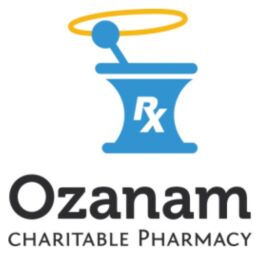
Charitable Pharmacies of America organization member receives Health Equity grant

The five most recent states to expand the scope of reimbursement for pharmacists are Maryland, Missouri, North Dakota, Virginia and Wyoming
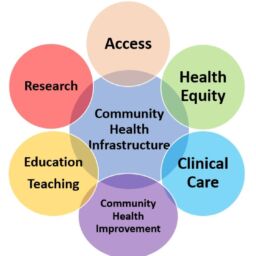
An opportunity for charitable pharmacies to collaborate with oncology practices for non-oncology medications during and after treatment.

